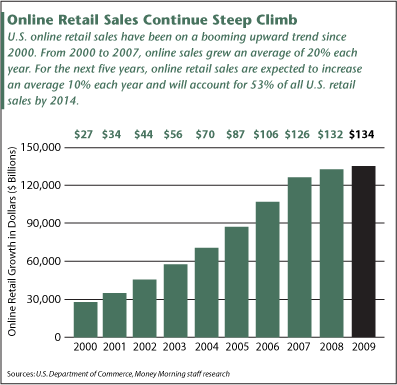Countries around the world have taken significantly divergent approaches to Internet sales revenue capture. In 1998, the European Union looked to implement the Organization for Economic Cooperation and Development’s (OECD) framework for taxing the emerging e-commerce sector. The centerpiece of this framework is that taxation of a good or service should be done in the jurisdiction where the consumption took place. Additionally, the OECD stated that no one type of commerce should receive special treatment over another. In the outline the OECD argued that:
Taxation should seek to be neutral and equitable between conventional and electronic forms of commerce. Business decisions should be motivated by economic rather than tax considerations. Taxpayers in similar situations carrying out similar transactions should be subject to similar levels of taxation.[1]
In 2002, the European Union (EU) passed legislation requiring all its member nations to collect Internet sales tax transactions between businesses and consumers. Companies in the EU were expected to complete the necessary registration and were given the specific software to begin collecting taxes from online sales transactions (Here is registration process for companies in the United Kingdom). All member nations levy a value added tax (VAT) of 15-25 percent of the price of the good depending on the VAT rate in their country. Originally the provisions required that EU member states collect this tax on all transactions including ones with non-member states. In an effort to ensure that European companies were not put at a competitive disadvantage internationally they amended these provisions in 2003 to only require collecting taxes from EU member states.
The European Union has decided how they are going to address the emerging issue of Internet sales taxation. As the graph and news report below shows, Internet retail sales in the United States are drastically increasing and the country will need to make a decision on how they are going to approach the complicated revenue subject.


The news agency does not allow embedding of their content. Please click on the icon to view the video Tax Free Internet Shopping Could End Soon.
[1] Organization for Economic Cooperation and Development (OECD). Electronic Commerce: Taxation Framework Conditionshttp://www.oecd.org/dataoecd/46/3/1923256.pdf Oct. 8, 1998
No comments:
Post a Comment